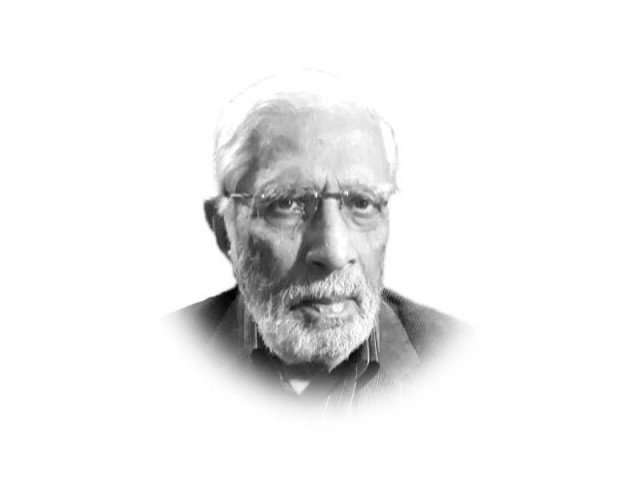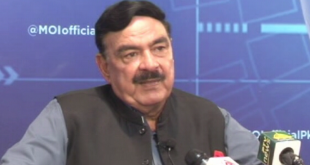Time to revisit Kashmir Policy
Muhammad Ziauddin
Our over seven-decade long Kashmir policy has yielded just one tangible achievement for Pakistan: Kashmir has continued to remain a disputed territory for us even as world support for the relevant UN resolutions has continued to decline. As opposed to this single achievement the cost has continued to escalate enormously with ever higher military spending, domestic instability, and exclusion from regional markets.
Chances are that we would achieve nothing more than what we already have if we continued to pursue this policy for another seven decades. In fact, it might lead us eventually to a point where we would perhaps find, God forbid, the last Kashmiri getting sacrificed at the altar of our blind side.
So, why not revisit this policy to see how it can be improved to yield a result that would guarantee sustained regional peace and satisfy the legitimate aspirations of the Kashmiri people. More so, because the other party, India has by revoking Articles 370 and 35(A) on August 5, 2019, brought about a qualitative change in the very nature of the dispute.
Let us see what is happening on the other side of the Line of Control. India’s revocation of relevant constitutional acts has added enormously to New Delhi’s Kashmir problem in the valley. Although it had continued to remain a bloody problem for India all these decades even before New Delhi blundered into the trap it thought it had built for the Kashmiris on August 5, now things seemed to have really gotten out of India’s hands in the valley.
This is, therefore, an opportune time for us to mobilise the Kashmiri diaspora the world over and gear it into a powerful voice to plead, in the major capitals of the world round the clock, seven days a week, the case of Kashmiris who are being killed and ejected from their homes to change the demography of the valley by Indian troops resorting to the worst kind of human right abuses with total impunity.
Our focus should remain on the valley for now to make the best and most effective use of our not-so-vast diplomatic resources. India is expected to secure its hold on Jammu without having to resort to force as it’s a Hindu-majority region. And the Ladakh problem can await the final outcome of the ongoing skirmishes between Chinese and Indian troops along the Sino-Indian border.
Gilgit-Baltistan was not under Dogra Raj when the Maharaja handed over the Instrument of Accession to India on October, 26, 1947. G-B had formally requested accession to Pakistan within days of its liberation. Pakistan took over the administration but did not announce the accession of these areas to Pakistan. In 1985, General Zia acting on the recommendations of a high-powered committee agreed to make the region a de facto province of Pakistan, and eventually a de jure one.
And as suggested by Tim Willasey-Wilsey (Pakistan: What a New Kashmir Policy Might Look Like) neither India nor Pakistan can ever achieve their maximalist positions without a war, which would likely turn nuclear.
“India could no more successfully govern G-B than Pakistan could administer Jammu or Ladakh. So it makes sense to reduce the Kashmir dispute to the much smaller areas of the Kashmir Valley and AJK.
“Furthermore, with a more threatening Chinese posture in the Himalayas, hopefully it makes sense for New Delhi to reach an agreement with Pakistan. A two-front confrontation with China and Pakistan would (and already does) overstretch India’s military resources.”
Pakistan could signal its intention to incorporate G-B as its fifth province and accept India has done the same to Jammu and Ladakh but not accept what has happened to the Kashmir Valley.
Next, Kashmiris could be asked by Pakistan to recognise their interests are better served by campaigning for genuine autonomy for both regions (the Kashmir Valley and AJK) and a future prospect of a soft border between the two territories, as envisaged in 2008, rather than an unrealisable dream of independence which neither India nor Pakistan would be prepared to grant.





